Reflecting on work experience and transferable skills
by Amelia Gunnarsson & Safiya Zaloum
Work experience is a great opportunity to learn first hand about what your future career involves. However, work experience is only a useful activity if you reflect on your experience and what you have learned. Universities are looking to see whether you have developed values, attitudes and behaviours which are crucial to your future career.
How to reflect on work experience
In order to reflect on work experience you need to know what you did and what you saw. Make some notes on your work experience either on your placement or at the end of each day so you don’t forget what you did. UCAS have a great template for keeping a work experience diary, for example. It is highly likely you will be asked about work experience in an interview if you put it in your personal statement, so you need to be prepared to discuss what you did months later.
Reflection is about reviewing, analysing and evaluating experiences. It involves thinking about your experience, and taking learning points away from it. When reflecting on work experience, try to consider the role that you were observing. What are the key characteristics of the person doing the role that makes them good at it? What are the challenges of the role? What did you learn? Also try to think about how you are suited to the role and what other experiences in your life have demonstrated this.
There are lots of characteristics of a good doctor, dentist or scientist. Try to think of some based on what you already know and what you have observed on work experience. To give you an example, we think that three important characteristics of a doctor are: good communication skills, empathy and problem solving. It is important to narrow down which attributes you feel are especially important for your future career. You have limited space to discuss your work experience in your personal statement, and you need to be clear on which qualities you want to reflect on and show how you have developed these qualities.
Utilising transferable skills
Work experience specific to the role you are aspiring to fulfil one day is great when reflected on properly. However, this is not the only way you can show the admissions tutors that you are well suited to their course. Use any experience that you have, even if not directly related to your area of study. Work experience or volunteering in other settings such as hospitality, childcare, or teaching can help you gain transferable skills which are useful in any job. Reflecting upon other experiences in your life can help you see how attributes you have developed through other roles make you suited to your future career.
Transferable skills are skills that you learn in one setting that you can apply to many other settings or areas of your life. Some examples of transferable skills are communication skills, team-working and time management. For example, you might have developed great team-work by playing on your school sports team, and this team-working ability can be applied to medicine where doctors work in teams to provide care for their patients.
Here are some examples from students who work at Centre of the Cell, which were used in their personal statements when they were applying to study medicine:
- “I worked as a rock climbing instructor, and spoke in my personal statement about how this taught me how to establish trust, give clear instructions, and be responsible for the safety of a group of people”
- “I worked as a gymnastics coach for many years which taught me the importance of time management, organisation and flexibility – very important when working with kids!”
- “I play the violin and being a member of orchestras helped me to develop a strong team-oriented approach, where it is essential we coordinate and collaborate to produce a beautiful sound”
- “I have undertaken over 100 skydives where I learned to assess risks, maintain a level head and make confident decisions based on years of training. Once, when my parachute did not open I had only 15 seconds to evaluate and address the problem before I would hit the ground. I landed unscathed only because I quickly and confidently dealt with the situation, an attribute which will help me manage the stresses and pressures which come with a career in medicine.”
In order to make the most of your work experience and increase your chance of success in future applications, remember to:
- Take detailed notes during your work experience, every day if possible
- Take the time to reflect on what you’ve learned/observed
- Don’t forget to reflect on your transferable skills, as well as skills and experiences specific to the particular career path
